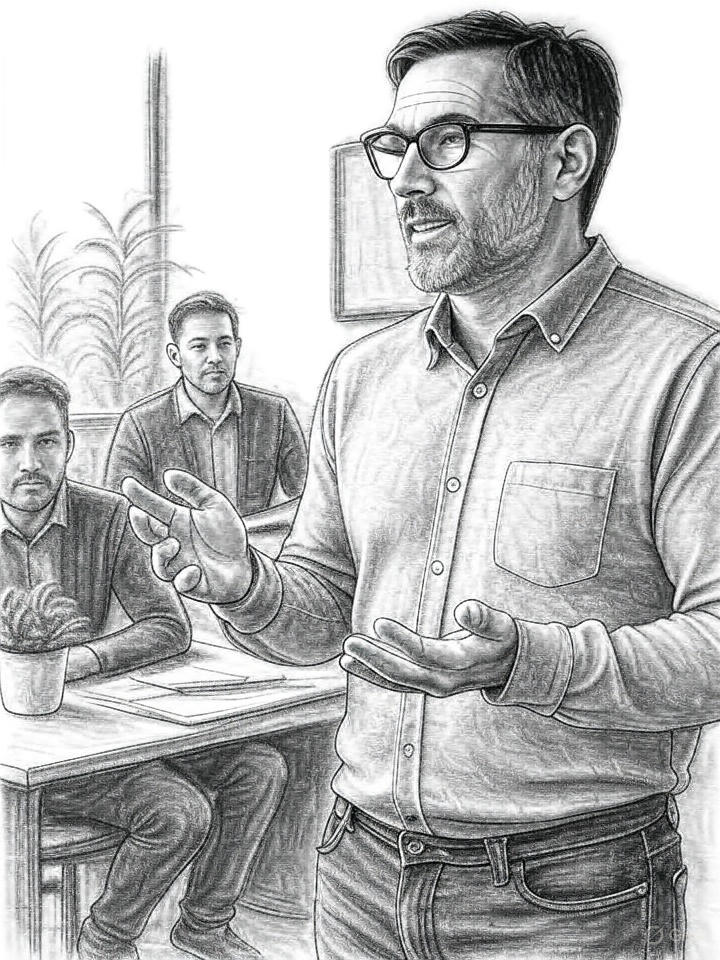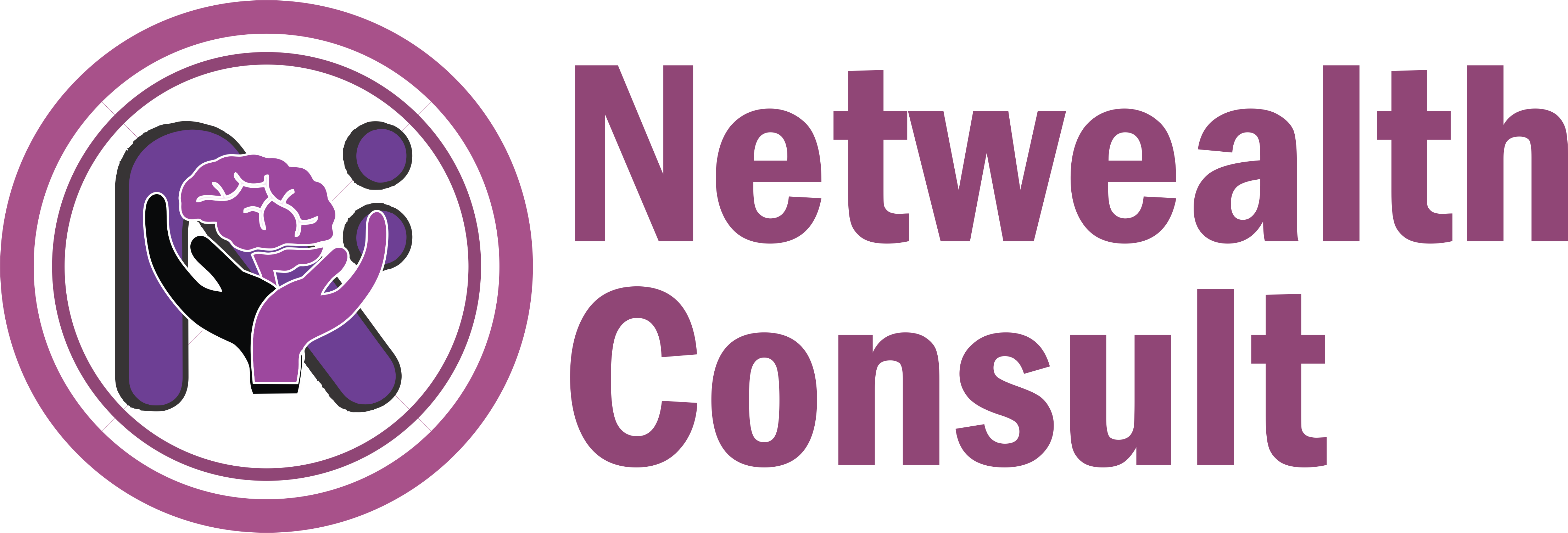
It started with something as ordinary as a drink at a friend’s party. James (name changed) was just 19, filled with dreams of a bright future. One sip became two, and soon alcohol wasn’t just a social ritual it became a crutch.
Over time, his studies slipped, his relationships suffered, and he found himself spiraling into a cycle he could not break.
At Netwealth Medical Services and Rehabilitation Centre, we meet many individuals whose lives once brimmed with promise, only to be derailed by the silent grip of addiction.
But here’s the truth: addiction is not a weakness, it’s a brain disorder.
Psychology and neuroscience reveal that substance use disorder is a chronic brain disease, not a failure of willpower.
At the heart of this disorder is dopamine, the brain’s “pleasure messenger.”
- Normally, dopamine motivates us to eat, connect, and thrive.
- Drugs and alcohol flood the brain with up to 10x more dopamine than natural rewards.
- Over time, the brain stops producing dopamine naturally, leaving the person unable to feel joy without the substance.
Substance use disorder is not about weak willpower, it’s about a brain that has been rewired against its own survival.

How the Brain Gets Hijacked
Substance use disorder affects three key areas of the brain:
- Reward Pathway (Nucleus Accumbens): Substances over stimulate this area, causing intense cravings.
- Prefrontal Cortex: The “thinking brain” that controls judgment and decision-making becomes weakened.
- Amygdala: The emotional brain triggers fear, stress, and withdrawal thereby pushing the person back to the substance for relief.
This is why telling someone to “just stop” doesn’t work. It’s like telling someone with asthma to “just breathe.”
Substance use disorder and Mental Health
Many people battling substance use disorder are also struggling with depression, anxiety, or unresolved trauma. Substances may feel like a temporary escape, but they worsen mental health in the long run.
At Netwealth, we address both sides of substance use disorder and co-existing mental health conditions because healing the whole person is the only path to true freedom.
The Path to Healing: Rewiring the Brain
The good news is that the brain can heal. Through neuroplasticity, it has the power to rewire itself when given the right environment.
At Netwealth, we provide that healing environment through:
1. Medical Support: Safe detox and treatment.
2. Psychological Therapy: CBT, group therapy, trauma-focused care.
3. Family Involvement: Restoring relationships and building support.
4. Skill Development: Helping individuals rediscover purpose and self-worth.
Breaking the Stigma, Rebuilding Lives
Substance use disorder thrives in silence and shame. We believe that
“Substance use disorder is not a moral failure. It is a medical condition and recovery is possible with compassion, therapy, and community. Every day, we help people like James reclaim their futures.
A Call to Hope
If you or someone you love is battling with substance use order, know this: You are not alone.
The chains of addiction can be broken. Healing is possible. Recovery is real.
Contact Netwealth Medical Services and Rehabilitation Centre Today
Call : +234 7041480874
